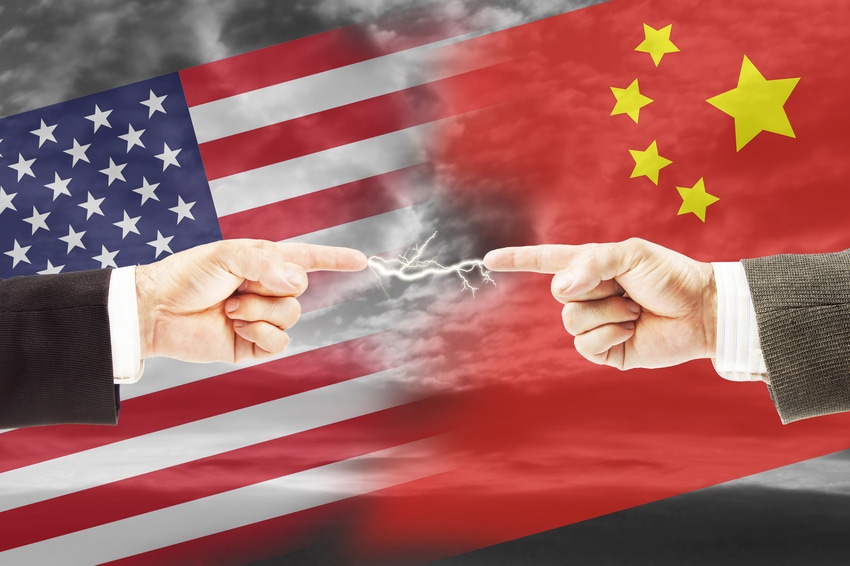The New York Stock Exchange reversed its decision to delist China Mobile, China Telecom, and China Unicom before it becomes effective.
January 5, 2021

The New York Stock Exchange reversed its decision to delist China Mobile, China Telecom, and China Unicom before it becomes effective.
The decision to remove the three incumbent Chinese telecom operators from the stock market was announced after the market was closed on the last trading day of 2020. It was taken to comply with the executive order signed in November by the outgoing President Donald Trump. It would have come into effect on 11 January, and investors would have to sell their holdings in these companies by November. The decision was reversed late on the first trading day of 2021.
In its brief update the NYSE said that “in light of further consultation with relevant regulatory authorities in connection with Office of Foreign Assets Control FAQ 857, available here, the New York Stock Exchange LLC (“NYSE”) announced today that NYSE Regulation no longer intends to move forward with the delisting action in relation to the three issuers enumerated below (the “Issuers”) which was announced on December 31, 2020.”
Meanwhile, the reversal is not yet final, as the NYSE maintained that it would “continue to evaluate the applicability of Executive Order 13959 to these Issuers and their continued listing status.” There is no substantiated evidence that pressure from China or intervention from the incoming Biden administration has played a role in the change of mind by NYSE.
Technically all the three Chinese state-owned telcos are listed on the Stock Exchange of Hong Kong (HKEX), and what’s traded in New York is an instrument called American depositary receipts (ADRs), which enables American investors to trade on foreign companies listed elsewhere.
On Monday, as a response to NYSE’s delisting announcement, the three telcos updated the market that ADRs represent between 3.3% and 8% of their total tradable shares. According to an earlier response by China Securities Regulatory Commission (CSRC) to NYSE’s original decision, the three operators’ ADRs only account for less than 2.2% of the equity shares of these companies, with “a total market capitalization of less than 20 billion RMB yuan” ($3.1 billion). China Mobile is the heaviest user of this instrument, accounting for 90% of the total value.
According to the Treasury Department, if NYSE’s original decision to delist were to go ahead, these companies would also need to be eliminated from other financial instruments, including derivatives, depositary receipts, exchange-traded funds, index funds, and mutual funds. The reversal of decision may have taken away the requirement for traders to make immediate changes in their products, some measures may still be needed as a precaution, and the actions may not be limited to the three telcos.
In December two index providers, FTSE Russell and S&P Dow Jones have both removed a number of Chinese companies from some of their indexes following the executive order. There are 35 companies on the Treasury Department’s list compiled for this particular executive order, including, in additions to the three operators, the usual suspects like Huawei and SMIC.
About the Author(s)
You May Also Like








.png?width=300&auto=webp&quality=80&disable=upscale)


_1.jpg?width=300&auto=webp&quality=80&disable=upscale)


.png?width=800&auto=webp&quality=80&disable=upscale)